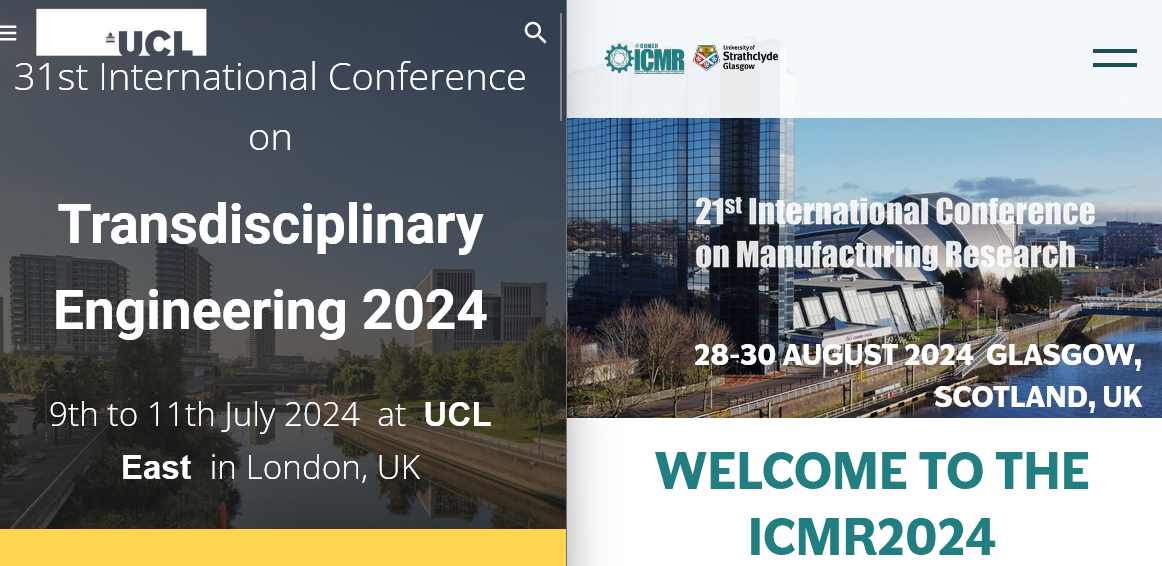Following the DSCH supply chain event, I have been busy running a few numerical models to characterise the benefits of AIgent operated supply chains. The first paper will be presented at TE2024 at UCL in London.
Title
Distributed Additive Manufacturing: A Social Change in Manufacturing
Abstract
COVID was an unprecedented event requiring extreme responses from nations across the globe to stem the rate of infection. There was a drastic change in product demand that nations needed with many requesting Personal Protection Equipment (PPE) and Lateral Flow Devices (LFDs) in the hundreds of thousands. The change in demand coupled with lockdown measures exposed the fragility and unresponsiveness of many global supply chains resulting in nations competing with one another for supply. Supply was often delayed and/or of insufficient in quantity and it took nearly six months for supply to stabilise.
In contrast, Additive Manufacturing (AM) and the ‘Maker’ community thrived in designing and producing products to support their communities in combating COVID. Through a reflective study analysing LFD COVID test data, this paper shows that the UK’s distributed AM capacity (an estimated 250,000 AM machines in the UK distributed across homes, educational settings, offices, and industrial facilities) could have provided the nation with the devices it needed. Government funds would have supported UK AM, reduced the carbon footprint of shipping LFD tests from other nations, manufactured only what was required (25% of PPE was not used and prevented an estimated 25 swimming pools worth of single use plastic waste. The paper discusses the Social Change and platform required to realise distributed AM as a global supply chain that can support nations in being more resilient, responsive, and sustainable.
The second paper will be presented at the International Conference on Manufacturing Research (ICMR) 2024 at the University of Strathclyde in Glasgow.
Title
Global Local (Glocal) Supply Chains for Green Economies: An assessment of Greenhouse Gas Emissions
Abstract
Flexible manufacturing systems, such as Additive Manufacturing, Robotics and Computer Numerical Control (CNC) machines, can be readily deployed and operated in standard warehouse
infrastructure providing the opportunity for the on-demand production of a wide variety of goods closer to their point of consumption. This has the potential to shift long-distance logistics towards raw material transport (which can be packed more tightly) and maximise the potential of zero-emission ‘last mile’ logistics. This paper reports a study to demonstrate the merits of Global Local (Glocal) supply chains in terms of the potential reductions in Greenhouse Gas Emissions (GHG). The study used the United Kingdom (UK) and its seven largest cities as the areas of supply and demand with material entering through Dover. The Monte-Carlo simulation showed that distributed production significantly outperforms single location manufacturing and product importing by up to 2-3x.

